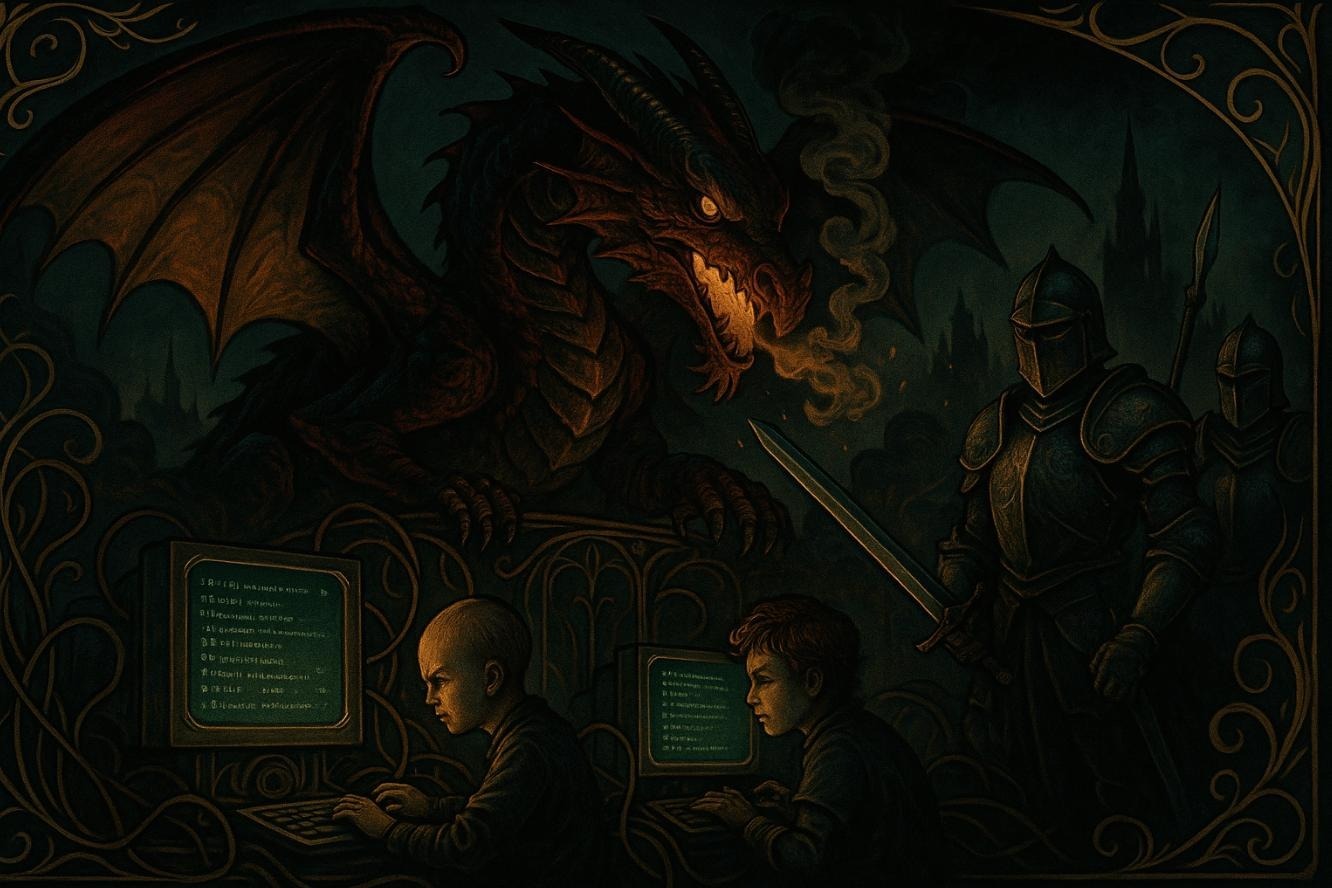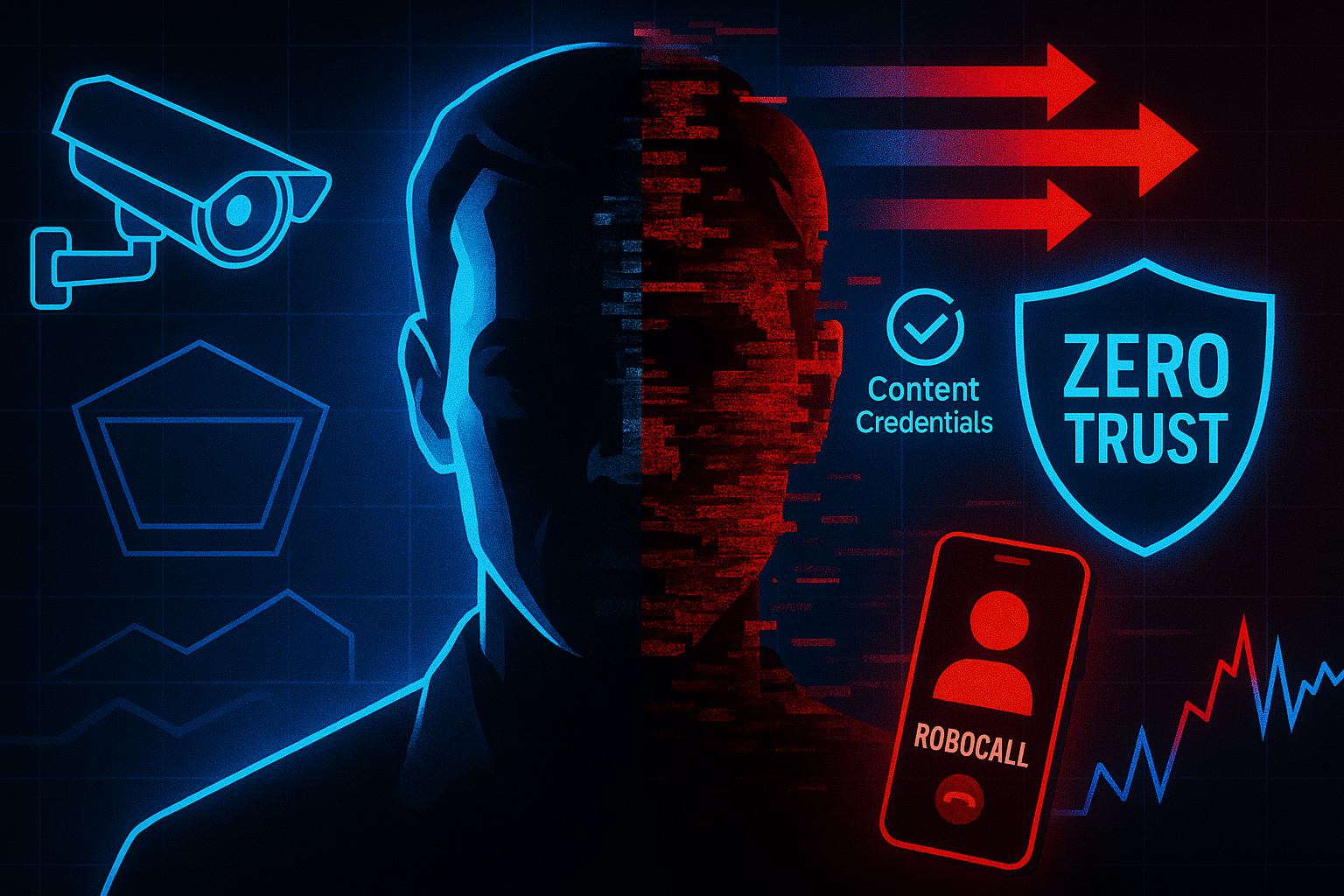by Rhiannon Williams
Share
by Rhiannon Williams
Share

The Illusion of Expertise
Over 10 years ago, I worked for a very large web of corrupt and incestuous devops-first companies which positioned a front row seat to the beginning of the ever famous hype machine pitch: “Devops will replace everyone and take all the jobs.” Sadly, this also gave me a front row seat to the party-animal brogrammers who went around spinning this defiance disorder for profit; repeating “take all the jobs with my code” like an annoying mantra; that never actually did just that except by reorg in anticipation of. Regardless, investors and leadership loved the idea of disruption; the hype was strong. After all, it wasn’t just devops that was being sold, it was a concept that could be used to reorg without political discourse; psychologically telling of decision-weary leaders who want someone to tell them they know all the answers and give them the nap-nap of accountability that they truly deserve.
Devops was then presented as a “new technology”, but also as a “revolution”, a “movement that will not be televised” (as if we can get any less cringe cosplaying prior movement ideology). In reality, this “movement” was just a re-wrapped suite of templating engines, with the intention of splatting the knowledge of the most senior folks into variables, thus lending the illusion that expertise came from within rather than simple asset management and configuration baseline. To those who do not understand asset management, devops then looked like magic. I literally sat in meetings at prominent automation firms where they bragged how devops guys “really don’t have to know anything”; how it’s “like acting in a play” because “templating does all the work”. That’s is all it took for a market stronghold: devops professionals didn’t actually have to know anything. This is one of the reasons why devops has been cancerous for our industry, they have robbed the newest generation of their chance to shine. Wisdom and expertise are grown through strata that the younger tech generation has not had the opportunity to sharpen their teeth on. Eliminating strata is all heavy templating dependency does and it is stealing our collective future.
Technology is only as strong as its ecosystem. With devops and templating engines, style means more than purpose. Any technology powered by templating engines truly has its own shelf life and is not sustainable. With the devops craze, eventually the promises did not add up to reality and the investors/leadership who used these concepts were left with nothing tangible but invoices in their empty hands. Devops has recently started to die; and AI, or the hype that is AI, stands in its place. Same hype, same templating process lending the illusion of expertise. The vultures have moved in for a meal.
In 2014, the Sony hack terrified every investor and executive who was concerned their secrets could be spilled to the public; and this birthed a security investment wave. Job openings quadrupled overnight, and for-profit schools used this to peddle that cyber security was actually adjacent to IT and Engineering, thus could be taught, not the graduating step. Many devops-types saw this as an opportunity, but more so, a strategy. They could use current methods to unseat prominent security personnel at key positions, that way there would be no guards at the gate when they pitch their platform, or automation on top of automation; IE: specialized machine learning branded as artificial intelligence. It can solve everything!
To lend the illusion of expertise, the baseline was generated by illegally scraping books and every internet site possible. Reddit, Wikipedia and any forum within reach would be scraped for the templating engines to lend to the lie that AI is “intelligence,” when in fact, it is actually only machine learning and a templating engine that aggregates everyone else’s knowledge. Again, limited shelf life. Investors and major corporations have ignorantly en masse poured their money into this, perhaps believing the lie; hoping it will allow them to have the advantage against their competitors, or ease their greatest fears. For leaders, the hope is to keep investor questions at bay, or maintain control by reorg. Templating engines, use the old adage of “asking forgiveness not permission” to lend the illusion of possessing knowledge another does not. This hip-with-the-kids battle between corporations has lead the way for group-think, seeking out red herrings that will lend the illusion of power. With any trend, comes the trail of has-beens who follow the lead, who all plan to lay off all of their workforce, which will disable their progress. In reality, their product largely is/was their workforce and we do need them; but they are being sold the lie that a template can do more for them (even if so, for how long). AI investments are an orchestrated plan of destruction for control. Whose control? Not yours.
Hype is a remarkably powerful force; one that has served as a mechanism in manipulation since the earliest days of the internet, long before the term “viral” was coined. For decades, large corporations have thrived on imitation, each one attempting to replicate the latest trend stronger than the other; but are now chasing the same phenomenon, artificial intelligence, and thus fueling a new hype cycle through relentless marketing and manufactured human enthusiasm. In this race, familiar tools are being rebranded; like HTML generators from 1997 that are suddenly labeled as AI. In order to be successful for AI, the hype machine has to be pushed HARD & AGGRESSIVE in unquestioned dominance; to the point where the lie is spoken on every muggle’s lips as fact. AI, we are told, can cure cancer, pass the bar exam, diagnose rare diseases, and even solve world hunger; inviting us to relax and embrace its dominance. It would appear, beneath the smoke and mirrors, few are willing to expose the gaps and errors. Nothing built today is immune to decay. AI cannot foresee the future. AI cannot fix what has not happened yet and cannot reason with what knowledge it does not possess.
AI is not being pitched as a tool, it is being pitched as an era. If you have seen how devops hype has now invaded the security pipeline with being a “requirement” in the Security+ tests, and a “requirement” for the SOAR platform and how the SOC model has become template driven; this feels orchestrated. We need to re-adopt a purist’s approach, such as moving back into data centers and encouraging a varied siloed ecosystem. It’s obvious that the wrong people have the reins.
A major flaw of today’s world is that we do not promote creativity, we harvest it. How can you change that? No mono-infrastructure (bye-bye cloud). Stop building to be bought or pass off accountability. Allow different opinions to thrive. We need varied infrastructure, varied control. In tandem, the cybersecurity industry has been strategically flooded with entry level hires. No one can find a job because AI submissions flood open job reqs, yet no one has stood up with a solution to the “I’m not a robot” crisis. Do we accept defeat? The answer is absolute; no.
Truth be told, we need our critical thinking skills. We need humans doing the boring work to prepare them for the work that they don’t know they will need to do in the future. We need it to keep our minds sharp solely because short term memory utilization needs to be trained for greatness, and we are letting template driven if-then-else statements “think” for us. As a society, we should stop trying to compartmentalize any given workflow. We need people who understand all the components, and we need people who are irreplaceable. Right now we are building so that no one is irreplaceable. For executives, irreplaceable wisdom is being guillotined for the illusion of reduction-in-force fantasies that yield a bigger yacht. Tell me I’m wrong.
The automate/fire model has been played out. Our focus should be more about patina that we can hand down to the next generation’s prosperity and less about reboots or rebuilding. Regular people are actually starting to push against AI, not to mention the silent majority of the tech ecosystem. No one wants AI to lead except those invested in it, and this will be a weakness that will be exploited by our enemies or the right profiteer. We cannot allow such a system fault to exist. We should never design the future with a single point of failure. If we care about cyber security, cyberwarfare and defense, we cannot let this happen.
In short, our ecosystems have grown into a stark warning ; a large blinking html tag in caps screaming that we need less large corporations and less clueless investors stifling natural technical growth with their “guidance”. We should ban monopolies; and ban them to invest in new companies or buy growing ones, as they gobble up innovation when we need a varied ecosystem and more leaders. This country will not survive with only innovation that resembles a cartoon villain; brain chips and mind cloning aside. Again, we need a varied ecosystem. We need many organic human led paths to build something that cannot be stolen or subverted.
Build it with me. Invest in us.
Rhiannon Williams-Hughes
Chief Information Security Officer
Emergency Response Security Group
STAY IN THE LOOP




